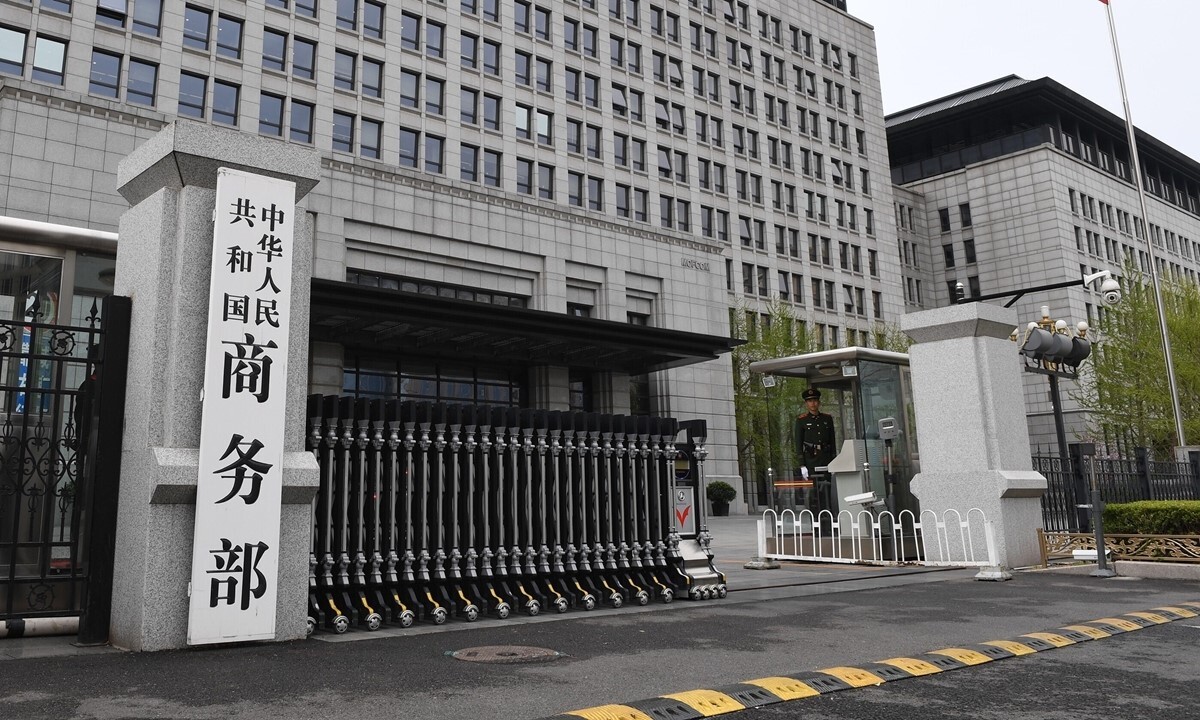

On Tuesday, China's Ministry of Commerce (MOFCOM) announced decisive countermeasures against Canada in response to its decision to impose additional tariffs on Chinese imported products, including aluminium, electric vehicles (EVs), and steel. These measures include plans to initiate dispute settlement proceedings at the World Trade Organization (WTO) and launch anti-discrimination investigations.

Chinese officials and experts emphasised that the countermeasures are consistent with Chinese laws and WTO regulations, condemning Canada's alignment with the US and the EU as a flagrant violation of WTO rules. On August 26, the Canadian government announced its intention to mirror the United States' tariffs on goods from China. The plan included imposing 25 per cent tariffs on aluminium and steel and 100 per cent on electric vehicles.
China to initiate dispute settlement
China has decided to initiate dispute settlement proceedings at the WTO against Canada's additional tariffs on Chinese electric vehicles (EVs) and other products to protect its industries' interests as part of its countermeasures.
"China's attitude is very clear, and it will take all necessary measures to defend the legitimate rights and interests of Chinese companies," MOFCOM said, announcing the measures.
Additionally, China will conduct an anti-discriminatory investigation into Canada's decision to impose these tariffs on Chinese EVs, steel, and aluminium, citing Articles 7 and 36 of China's Foreign Trade Law. Article 7 states that if any country or region imposes prohibitive, restrictive, or other discriminatory measures against China in trade, China is entitled to take countermeasures in response.
Measures by MOFCOM
Additionally, on Tuesday, MOFCOM announced that, in response to requests from domestic industry, China will initiate an anti-dumping investigation into canola seeds imported from Canada. This move aims to address industry concerns and protect domestic enterprises' legitimate rights and interests.
Article 36 of China's Foreign Trade Law allows the authority responsible for foreign trade under the State Council to publicly announce activities that violate this law and disrupt the foreign trade order. The Ministry of Commerce (MOFCOM) stated it will take additional measures based on the evolving situation. Industry insiders noted that this anti-discriminatory investigation, the first of its kind, aligns with both Chinese laws and WTO regulations.
China had already condemned Canada's proposed tariffs on Chinese aluminium, steel, and electric vehicles. A spokesperson for the Chinese Embassy in Canada characterised the tariffs as a classic example of trade protectionism and political dominance. The spokesperson warned that these tariffs could disrupt Canada's economic structure, damage trade relations between China and Canada, and negatively impact Canadian consumers and businesses. Additionally, they suggested that the move could hinder Canada's progress toward green transformation.
Responses








